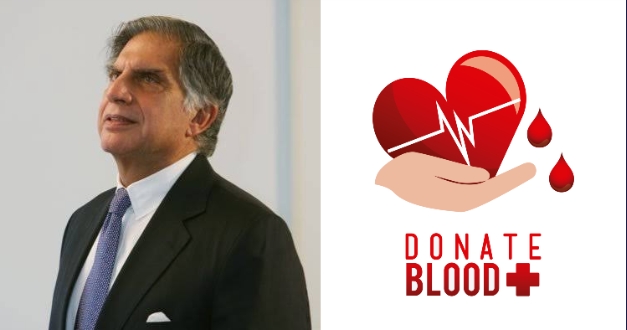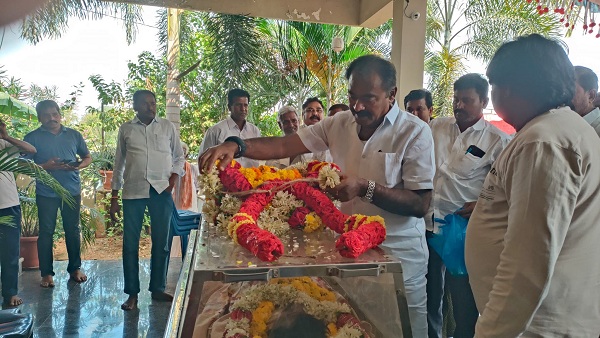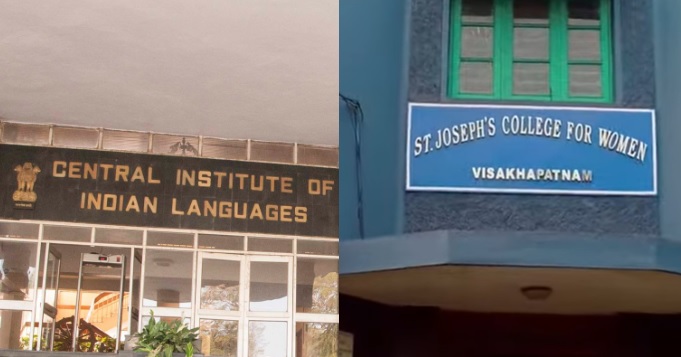In the world of journalism, where headlines often capture the glitz and glamour of celebrity, there exists a figure whose name may not ring a bell to the average person, but whose impact reverberates deeply within the realm of literature and social consciousness. Arun Sagar, born into a communist family in the Bhadrachalam district of Khammam, and educated in Vijayawada and Visakhapatnam, lived a life steeped in principles and integrity.
Despite his profound contributions to poetry, literature, and social commentary, Arun Sagar remained largely unknown to the masses, a fact lamented even by seasoned journalists. His writings delved into themes of fatherhood, societal injustices, and the struggles of the common man, offering poignant reflections on the human condition.
Through his works, Arun Sagar explored the complexities of existence, challenging societal norms and advocating for truth and equality. His incisive critiques of political figures like Pawan Kalyan demonstrated his unwavering commitment to holding power to account, regardless of the consequences.
Arun Sagar’s journey was not confined to the pages of newspapers or the screens of television channels. With a background in anthropology and a career spanning Andhra Jyoti, Suprabhatam magazines, and TV channels like TV9, TV10, and TV5, he left an indelible mark on the landscape of media and literature.
His poetry collections, including “Mier Male,” “Maximum Risk,” and “Music Dies,” showcased his versatility and depth as a writer, while his social articles and essays sparked critical dialogue on issues of male identity and societal awakening. Though he passed away in 2016 at the age of 49, his legacy endures, a beacon of truth and consciousness in an often tumultuous world.
In the annals of literature and journalism, Arun Sagar remains a figure of quiet yet profound influence, reminding us of the power of words to inspire change and challenge the status quo.)
(February 12, Arun Sagar’s Death Anniversary)





